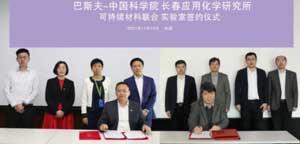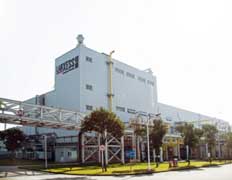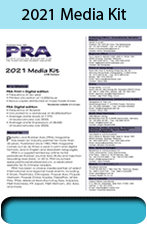China expansions: BASF/Chinese Academy’s joint lab on sustainable materials; Lanxess starts up line for water-based compounds

German materials firm BASF and Chinese Academy of Sciences (CAS) opened a joint lab on sustainable materials in Changchun, China. Drawing on Changchun Institute of Applied Chemistry’s (CIAC) research capabilities and leveraging BASF’s expertise to explore next-generation sustainable technologies, the joint lab will integrate the R&D strengths of the two parties to accelerate the speed-to-market.
This marks BASF’s first joint lab with CAS, home to over 80% of China’s large-scale science facilities and more than 100 national key laboratories and engineering centers. Both parties will leverage their advantages to create synergy for innovation projects and knowledge exchange, facilitating the development of sustainable technologies, for example, biobased or biodegradable materials, recyclability of materials, fundamental mechanism research of material synthesis, crystallinity, degradability, and recyclability. Innovation outcomes will be viable for many industries and commercialization.
Accompanying the new joint lab, BASF and CAS are establishing an advisory committee made up of BASF experts and renowned scientists in the field of sustainable materials in China. The advisory committee will review R&D project proposals initiated from the joint lab and provide strategic guidance to explore research frontier as well as to drive sustainable technologies.
In December 2020, BASF and CAS signed a strategic partnership agreement that deepens their long-term strategic partnership. Both parties are exploring the frontier of advanced materials and systems, chemical process and engineering, and bioscience. In addition, BASF and CAS are working towards driving digitalisation in joint scientific research.
Leveraging the platform of Network for Asian Open Research (NAO), BASF is committed to enhancing R&D capability. Since its establishment in March 2014, BASF and its partners have completed more than 90 joint research projects, covering diverse areas such as new monomers, polymers & application, surfaces and interfaces, coatings, catalysis, battery, chemical & process engineering, bioscience, as well as digitalization & smart manufacturing in Research & Development.

In other news, German specialty chemicals company Lanxess has started up a new production line for the manufacture of water-based compounds in Nantong, China. The business belongs to the Urethane Systems (URE) business unit which is also producing polyurethane dispersions, an important ingredient of the compounds. Under the Pellart brand these products are used in many functional coatings applications where high requirements in terms of haptics, chemical resistance, gloss level, temperature and abrasion resistance and, above all, the lowest possible content of volatile organic compounds (VOC) are required. Typical areas of application are flat materials for automobile interiors, i.e. instrument panels, seats and door panels, but also decorative foils for consumers and industry.
Water-based and therefore environmentally friendly products are a strong trend globally. “As the automotive industry will continue to switch from solvent-based to environment-friendly water-based coatings, we see strong potential with attractive growth rates,” says Michael Timm, Head of Marketing & Development Cast Elastomers at URE.
With the new production line, the company will be able to supply customers in Asia with modern and environmentally friendly Pellart products. Fast developments and customer proximity are provided by the coupling with the application development center, which was opened by Lanxess in Shanghai in June 2021, as well as by the backward integration into its PU dispersions. All in all, Lanxess thus offers its customers a highly flexible set-up that allows fast scale-up of newly developed, customer-specific Pellart formulations.
Lanxess produces polyurethanes and lubricants at its Nantong site, which covers over 100,000 sq m. The urethanes products include hot-cast prepolymers, which are components of specialty polyurethanes that are used primarily in the construction, mining, oil, gas, athletic equipment and electronics industries. These polymers are used, for example, to manufacture rollers, tires and wheels, conveyor belts, screens, seals and so on.
(PRA)
Subscribe to Get the Latest Updates from PRA Please click here
©2021 Plastics and Rubber Asia. All rights reserved.

©2020 Plastics and Rubber Asia. All rights reserved.
Home Terms & Conditions Privacy Policy Webmail Site Map About Us

















